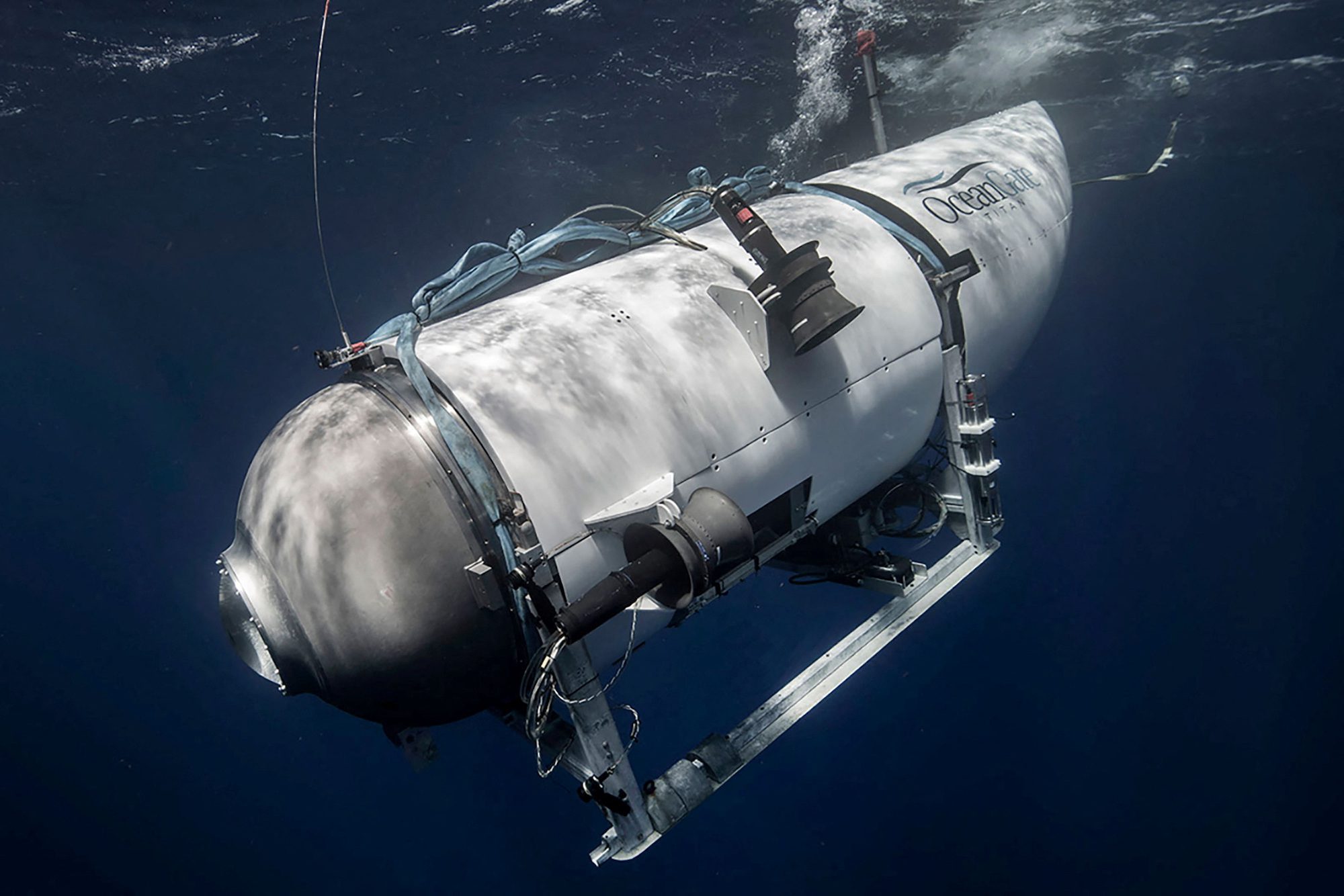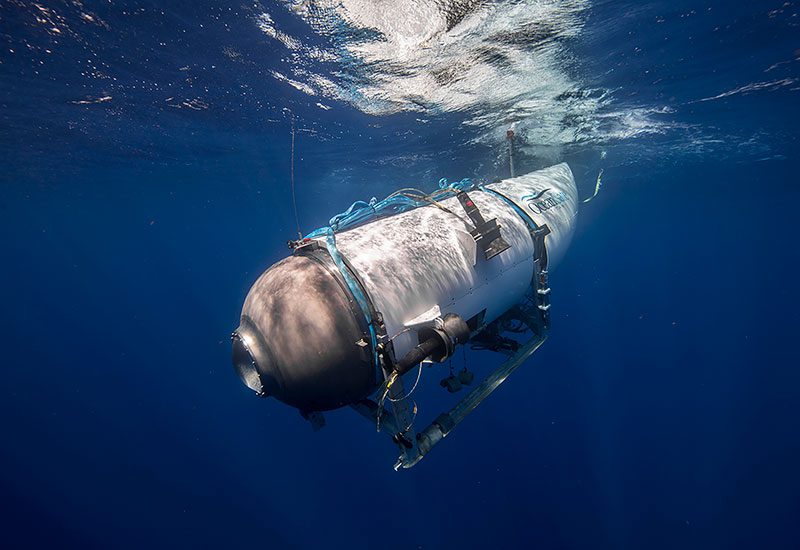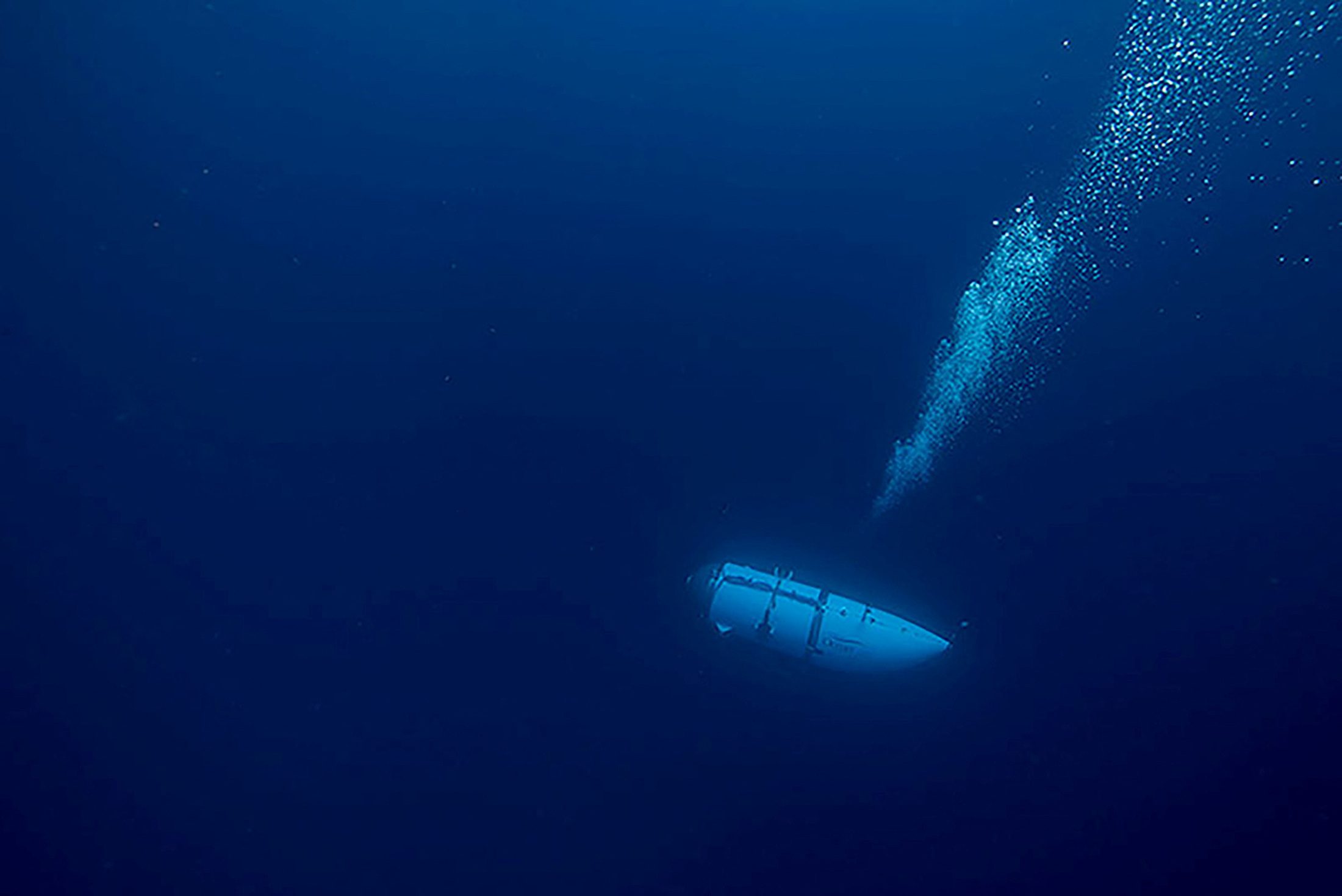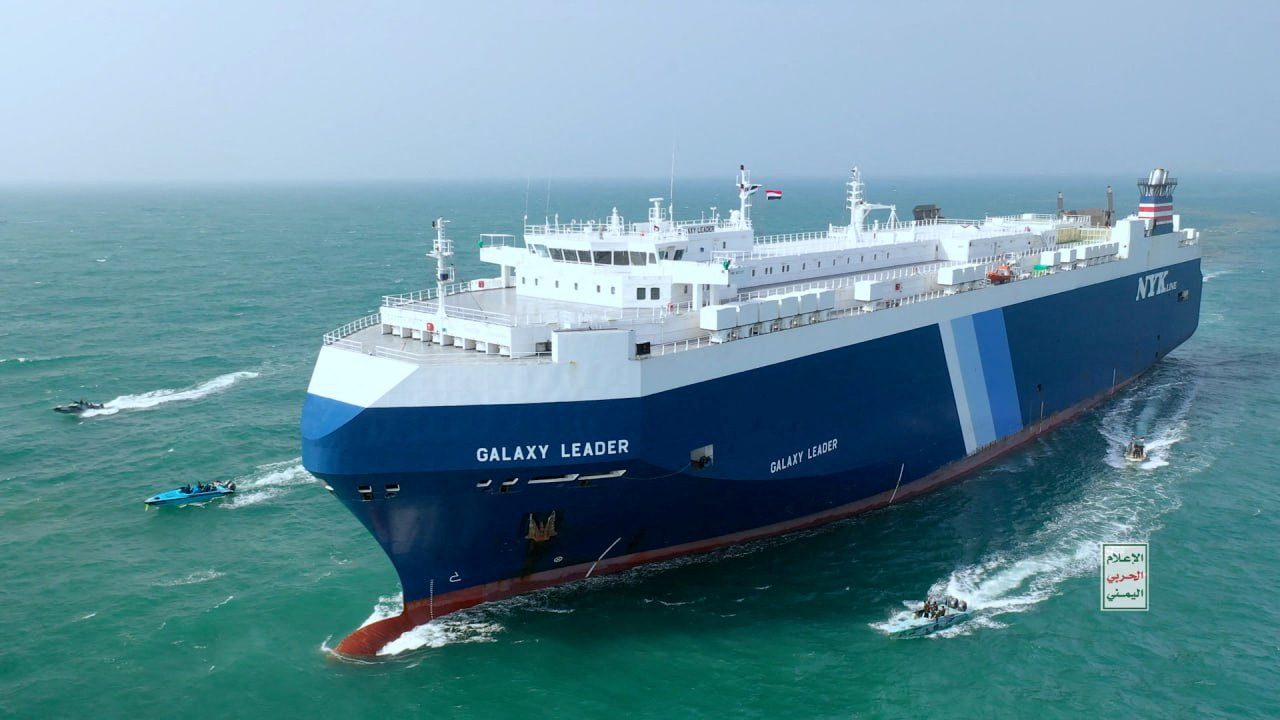By Steve Gorman and Joseph Ax
June 21 (Reuters) – Rescue teams were racing on Wednesday to trace the origin of sounds heard from the depths of the North Atlantic in a search for a tourist submersible with five people on board that vanished on its descent to the century-old wreck of the Titanic.
The U.S. Coast Guard said remotely operated vehicle (ROV) searches were deployed in the area where Canadian aircraft detected the undersea noises on Tuesday, as the clock ticked in the last 24 hours of the missing craft’s presumed air supply.
“The sonobuoys detected noise in the water. We don’t know the source of that noise,” U.S. Coast Guard Rear Admiral John Mauger told CBS on Wednesday. Two ROVs and a surface vessel are being used to locate the source of the noise, he said.
“This is an incredibly complex site,” Mauger said, noting that metal and other objects under the water made it difficult to determine the source.”
The 21-foot (6.4-meter) submersible Titan, operated by U.S.-based OceanGate Expeditions, began its descent at 8 a.m. (1200 GMT) on Sunday, according to the U.S. Coast Guard. It lost contact with its parent surface vessel soon after that during what should have been a two-hour dive to the Titanic.
The U.S. Coast Guard said on Tuesday at about 1700 GMT that it had enough air for 41 hours, which would mean a deadline of roughly 1000 GMT (6 a.m.) on Thursday. The vessel has 96 hours of air supply, according to its specifications, assuming it is intact. But experts say the deadline depends on a range of factors, including whether it still has power.
The wreck of the British ocean liner, which sank when it hit an iceberg on its maiden voyage in 1912, lies on the seabed at a depth of about 12,500 feet (3,810 meters). It is about 900 miles (1,450 km) east of Cape Cod, Massachusetts, and 400 miles south of St. John’s, Newfoundland.
Those aboard the submersible, the highlight of a tourist expedition that costs $250,000 per person, included British billionaire and adventurer Hamish Harding, 58, and Pakistani-born businessman Shahzada Dawood, 48, with his 19-year-old son Suleman, who are both British citizens.
French explorer Paul-Henri Nargeolet, 77, and Stockton Rush, founder and chief executive of OceanGate Expeditions, were also reported to be on board. The authorities have not confirmed the identity of any passenger.
A friend of Harding, Jannicke Mikkelsen, who has accompanied the British entrepreneur on other expeditions, told Reuters on Tuesday she was hoping for good news but was not optimistic. “It would be a miracle if they are recovered alive,” she said.
Teams from the United States, Canada and France have been involved in the search covering an area of open sea larger than the U.S. state of Connecticut or about half the size of Belgium.
REPORTS OF ‘BANGING’ SOUNDS
Aircraft and ships from the U.S. Coast Guard, U.S. Navy and Canadian armed forces had combed more than 7,600 square miles (19,700 square km) of the North Atlantic, U.S. Coast Guard Captain Jamie Frederick said on Tuesday.
The Canadian military dropped sonar buoys to listen for any sounds that might come from the Titan and a commercial pipeline-laying vessel with a remote-controlled deepwater submersible was also searching, he said.
A French research ship carrying a deep-sea diving robot submersible was dispatched to the area at the request of the U.S. Navy and was expected to arrive later on Wednesday, France’s Ifremer ocean science research institute said.
U.S. Coast Guard said Canadian Lockheed P-3 Orion aircraft, which have sub-surface surveillance gear to trace submarines, detected the underwater noises in the search area on Tuesday.
Remote undersea equipment was deployed in the area where the sounds were detected and data from the P-3 aircraft was shared the U.S. Navy experts “for further analysis which will be considered in future search plans,” the U.S. Coast Guard wrote in its Twitter statement.
It did not give details about the nature of the sounds, but CNN and Rolling Stone magazine, citing internal U.S. government communications, reported Canadian aircraft detected banging sounds at 30-minute intervals in the area.
Rolling Stone said the sounds were picked up by sonar buoys and that sonar picked up more banging four hours later.
CNN, citing a U.S. government memo, said additional sounds were heard about four hours after the banging was detected but said the second occurrence was not described as banging.
Experts say rescuers face major obstacles both in finding the Titan and in saving the people aboard.
In the event of a mid-dive emergency, Titan’s pilot would likely have released weights to float back to the surface, said Alistair Greig, a marine engineering professor at University College London. But he said it would be difficult to locate the van-sized submersible in the Atlantic without any communication.
The submersible is sealed with bolts outside, preventing occupants escaping without assistance even if it surfaced.
If Titan were stuck on the ocean floor, a rescue effort would face even bigger challenges because of the huge pressures and total darkness at a depth of more than 2 miles. Titanic expert Tim Matlin said it would be “almost impossible to effect a sub-to-sub rescue” on the seabed.
The sinking of the Titanic, which killed more than 1,500 people, has long been immortalized in books and films. Popular interest was renewed by the 1997 blockbuster movie “Titanic.”
(Reporting by Steve Gorman and Joseph Ax; Additional reporting by Brendan O’Brien, Natalie Thomas, Aiden Nulty, Kanishka Singh, Ismail Shakil, Steve Scherer, Steve Holland, Daniel Trotta, Brad Brooks and Ariba Shahid; Editing by Raju Gopalakrishnan, Edmund Blair and Janet Lawrence)
(c) Copyright Thomson Reuters 2023.
Editorial Standards · Corrections · About gCaptain
This article contains reporting from Reuters, published under license.

 Join The Club
Join The Club











